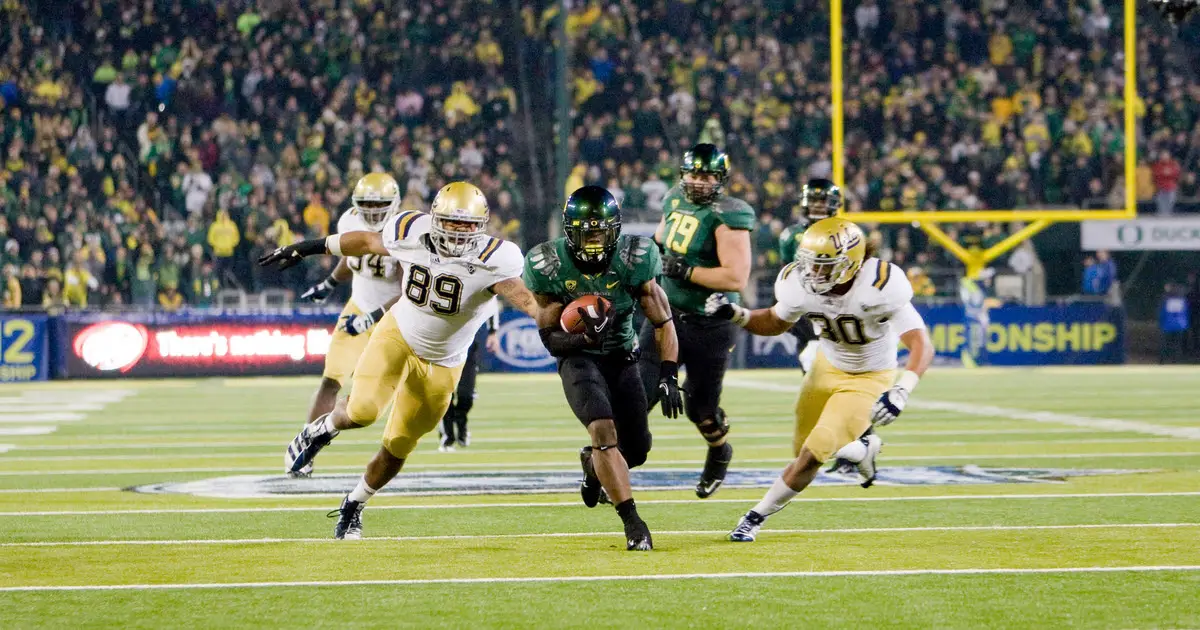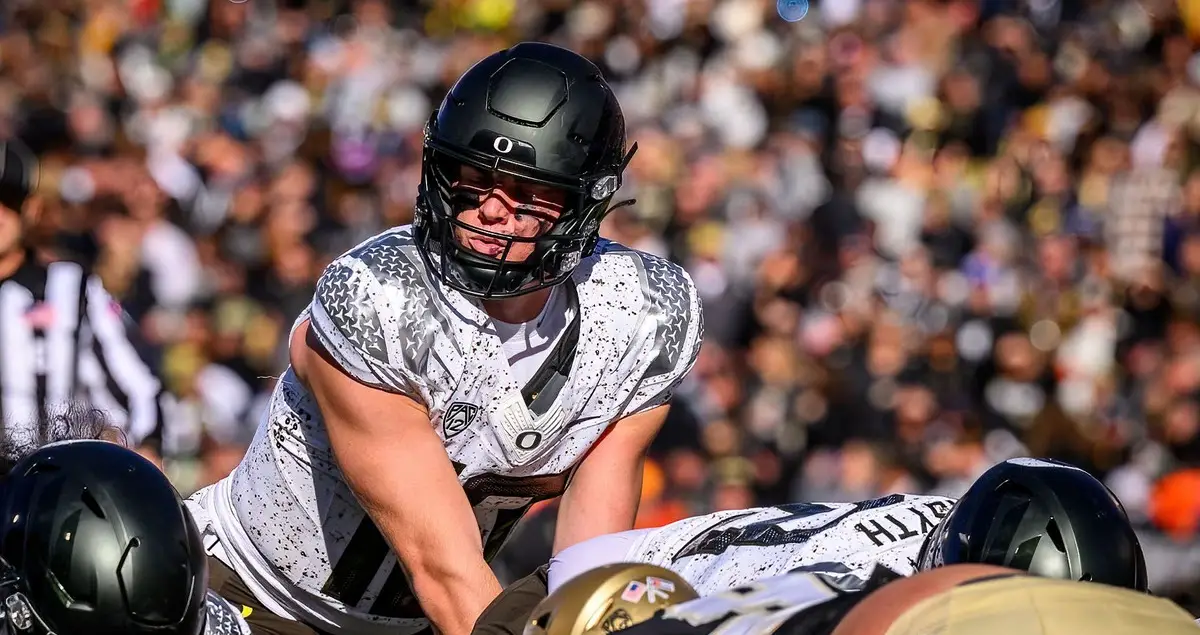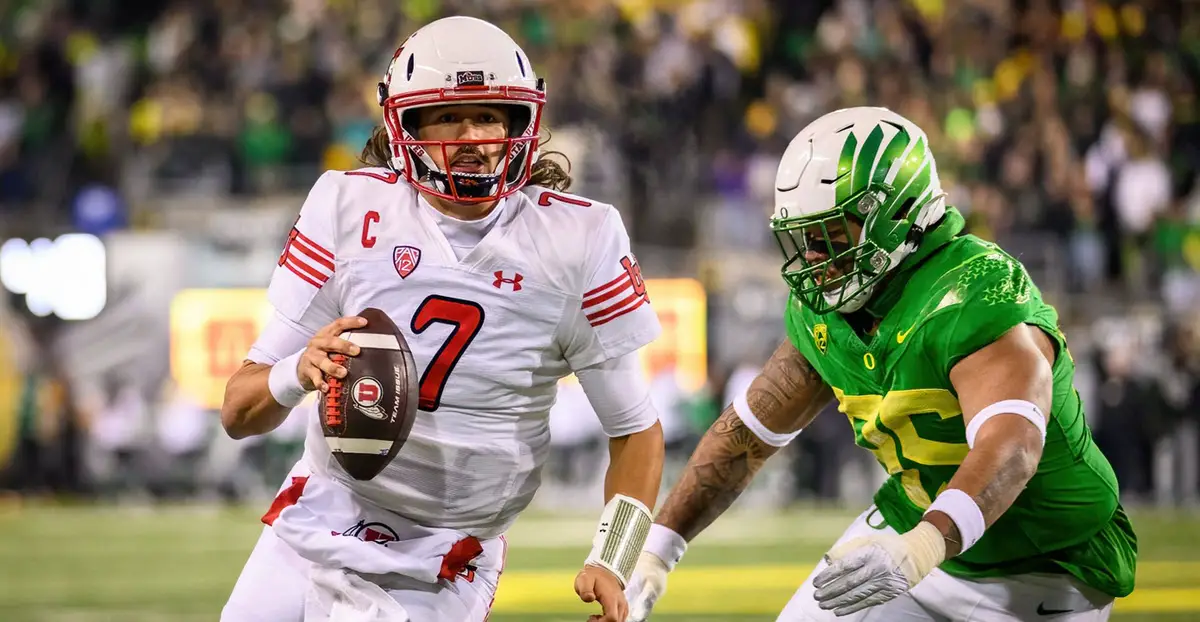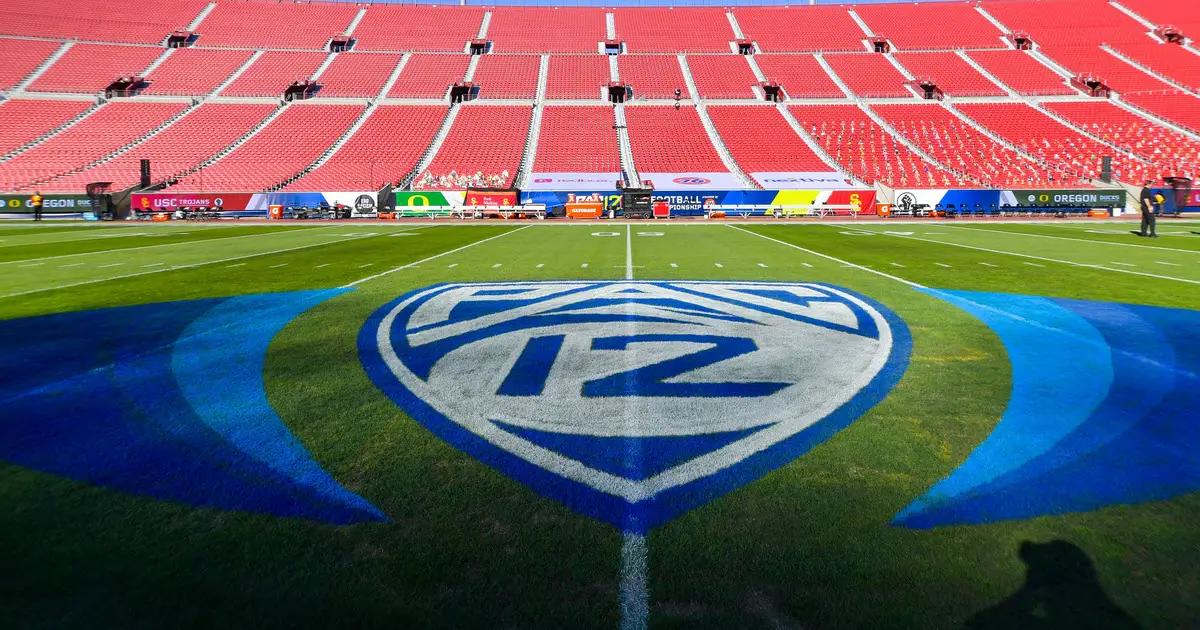FOX and Disney/ESPN control virtually all of college sports. The Pac-12 has failed to make a deal with either of these. As a result, the conference has disintegrated over the last few days. This has caused an unprecedented and seismic shift in the college football landscape. Mr. FishDuck set aside his study of NFL odds, and his NFL research learn with me how all this happened.
Fox and ESPN’s Hostile Takeover of College Football
Fox has invested heavily in gaining control of B1G media rights. ESPN has done the same with the SEC. Much of the flurry of conference realignments has been driven by competition between these two for control of the biggest media markets in the United States. To protect their conference from being raided by the other, and to incentivize expansion into new media markets, both Fox and ESPN invested heavily — too heavily — in media rights.
What makes them overpaid? In comparison to the other power conferences at the time, the B1G and SEC’s new media deals paid each team two to three times more than any school in any other conference. With these massive payouts Fox and ESPN looked to expand their reach and began the latest round of conference realignment.
The SEC and ESPN stole Texas and Oklahoma from the Big-12. A year later the B1G and Fox stole USC and UCLA from the Pac-12. The Big-12 and the Pac-12 were the first victims because the ACC’s media contract goes through 2036, and no school would be willing to take on that buyout to jump ship earlier.
The media payouts to the B1G and SEC have destabilized college football in a way that no one has seen coming. These payouts have changed what other conferences believe they need in order to stay competitive, so the payouts act as an enticement to lure other schools away from their conferences. This opens up new and lucrative media markets for ESPN and Fox.

Oregon won the first Pac-12 Championship game against UCLA in 2011.
Photo By Amazing Moments Photography
The Big-12’s Contract Extension
The loss of Texas and Oklahoma gutted the Big 12. The Big 12’s initial response was to aggressively expand, a not unreasonable response. They quickly added BYU, UCF, Cincinnati and Houston. All have had recent success in football and sit in good media markets, but none were Power Five quality. More importantly, they could not replace Texas and Oklahoma who made up approximately 50 percent of the Big 12’s revenue.
The Big 12 then secured a contract extension with ESPN and Fox worth approximately $31 million per school. This deal set a floor for the number the Pac-12 needed to reach in order to survive.
This raises the question as to whether the Big-12 worth an extension of their media contract at $31 million per team, after losing their two biggest revenue contributors and replacing them with Group of Five schools.
It actually feels like ESPN and Fox may have overpaid here. TCU is the only Big 12 team that qualifies as a premier football school after after Texas and Oklahoma leave the conference, and TCU doesn’t bring in anywhere near the revenue that those two schools do.
It’s probable that Fox and ESPN’s motivation to overpay the Big 12 was to undermine the Pac-12 and the ACC.
The Pro Rata Expansion Clause
The Big 12 media contract has a clause that encourages expansion by raiding other Power Five conferences. This clause stipulates that any Power Five schools that join the Big 12 will get an equal payout, while Group of Five schools will not.
The Big-12 could not realistically afford to target B1G or SEC schools. Nor can it ACC schools, because the buyout to leave the ACC is prohibitive.

Bo Nix at Colorado.
Photo By Craig Strobeck
That leaves the Pac-12. So this clause was targeted directly at the Pac-12. At the time of the Big 12’s contract extension the Pac-12 was still in its own media contract negotiations with Fox and ESPN.
If either network really wanted to make make a deal with the Pac-12, they wouldn’t have put this clause in their contract with the Big 12. Why have part of the Big-12 contract act as a catalyst to destabilize the Pac-12 if that is not the goal?
Why the Pac-12 Couldn’t Get a Competitive Deal
It is pretty clear that the Pac-12 couldn’t get a competitive deal with FOX or ESPN because neither wanted to make that deal. Rather, they were engineering the collapse of the Pac-12. With 10 well-established Power Five schools, it would not seem unreasonable for the Pac-12 to expect a contract in the same range as the Big 12, which just added four former Group of Five schools to make up a 12-member conference.
Furthermore, the Pac-12 had Oregon and Washington, had two brands that are far larger than any tea the Big 12 has to offer without Texas and Oklahoma.
With ESPN and Fox seemingly unwilling to negotiate in good faith, the Pac-12 ended up with a deal with Apple TV. This deal was to be entirely streaming and the payouts were to start around $20-25 million per school, with the potential of scaling incentives as the subscriptions increased.
It would seem that Fox and ESPN did not have the money to pay the Pac-12 what it was worth. Or did they?

Oregon defeated Utah in 2022 in Autzen Stadium.
Photo by Craig Strobeck
B1G and Big 12 Payouts
With the collapse of the Pac-12 media proposal, Oregon and Washington are headed for the B1G, and they are due to receive reduced shares for the first few years in the conference. At the time of writing this article it would appear that both schools are projected to receive a 30-40 million dollar media payout in 2024.
Colorado has left the Pac-12 and returned home to the Big 12. Because of the pro rata clause, they will receive a payout equal to the other Big-12 members. Arizona, Arizona State and Utah have now all followed Colorado for the Big 12 and will receive a full media payout as well.
So it would appear that FOX and ESPN do have the money for at least six of the 10 members of the Pac-12. This suggests that they did not want the Pac-12 to survive. They have played each of the power conferences against each other to benefit themselves.
This is not a conspiracy. It is simply too much power being concentrated into two media companies, who now effectively control the majority of college sport’s biggest brands. We have been so focused on our own schools and on our own conferences that we have lost sight what has truly been happening: the consolidation of college athletics into two conferences by two media companies.
David Marsh
Portland, Oregon
Top Photo By John McGillen USC Athletics
 Bob Rodes, the FishDuck.com Volunteer editor for this article, is an IT analyst, software developer and amateur classical pianist in Manchester, Tennessee.
Bob Rodes, the FishDuck.com Volunteer editor for this article, is an IT analyst, software developer and amateur classical pianist in Manchester, Tennessee.

David Marsh is a high school social studies teacher in Portland, Oregon. As a teacher he is known for telling puns to his students who sometimes laugh out of sympathy, and being both eccentric about history and the Ducks.
David graduated from the University of Oregon in 2012 with Majors in: Medieval Studies, Religious Studies, and Geography. David began following Ducks Football after being in a car accident in 2012; finding football something new and exciting to learn about during this difficult time in his life. Now, he cannot see life without Oregon football.

